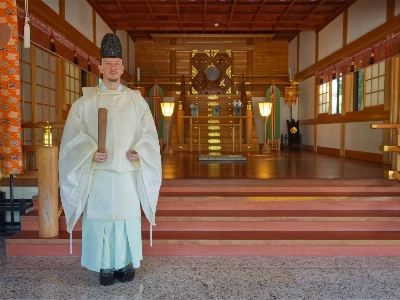Obituaries for former Prime Minister Kiichi Miyazawa, who died recently at age 87, agreed that he was a statesman and a genuine internationalist. But some — those from Nikkei, Japan's leading economic media group, especially — also criticized him as a Keynesian economist responsible for Japan's economic troubles in recent years. It is time to set the record straight.
Miyazawa was finance minister in the crucial pre-"bubble" years of 1986-88. At the time the yen was appreciating wildly in the wake of the 1985 Plaza Accords (it was to more than double in value against the dollar). Endaka fukyo — recession induced by the high yen — was a favorite media topic. Meanwhile, Washington was pressuring Japan to boost its economy as a way of reducing its trade surplus.
The obvious answer was for Japan to boost domestic demand by expanding government spending — the Keynesian approach. In so doing it would not only reflate its weakened economy; it would also ease the pressure to export and curb the yen's rise in the process — three birds with one stone. That is what the Keynesian, demand-oriented Miyazawa wanted to do. (As a young bureaucrat in the early 1940s, Miyazawa had studied the works of my father, economist Colin Clark, who had worked with Keynes at Cambridge).


















With your current subscription plan you can comment on stories. However, before writing your first comment, please create a display name in the Profile section of your subscriber account page.